Two 11th grade classes, totaling around 50 students, from the Loulé Secondary School, will participate, next Sunday, May 5th, in the ceremony of the 74th anniversary of the Liberation of Mauthausen Concentration Camp, in Austria.
The students, who developed, throughout the school year, an educational project with the theme "Portuguese Forced Workers of the III Reich", will be accompanied by four of their teachers and representatives of the City Council, councilor Marylin Zacarias, municipal director Dália Paulo and the head of the Education and Youth Division, Dora Assunção.
The Portuguese delegation will also include the Portuguese ambassador in Vienna, António Almeida Ribeiro, professor Fernando Rosas and some of the historians from the Instituto de História Contemporânea team of the Faculty of Social and Human Sciences of Universidade Nova de Lisboa, as well as Cláudia Ninhos and António Carvalho, director of the National Museum of Archeology and also representing the Directorate-General for Cultural Heritage of the Ministry of Culture. The delegation will have a total of about 70 elements.
A team from RTP will accompany the delegation, made up of journalist Ana Luísa Rodrigues and image reporter Carla Quirino, authors of the documentary “Deported to Another World” (RTP, 2018).
This ceremony gathers around 45.000 people every year in Mauthausen, which makes it "unique" due to the number of participants and its international nature, stresses the Câmara de Loulé.
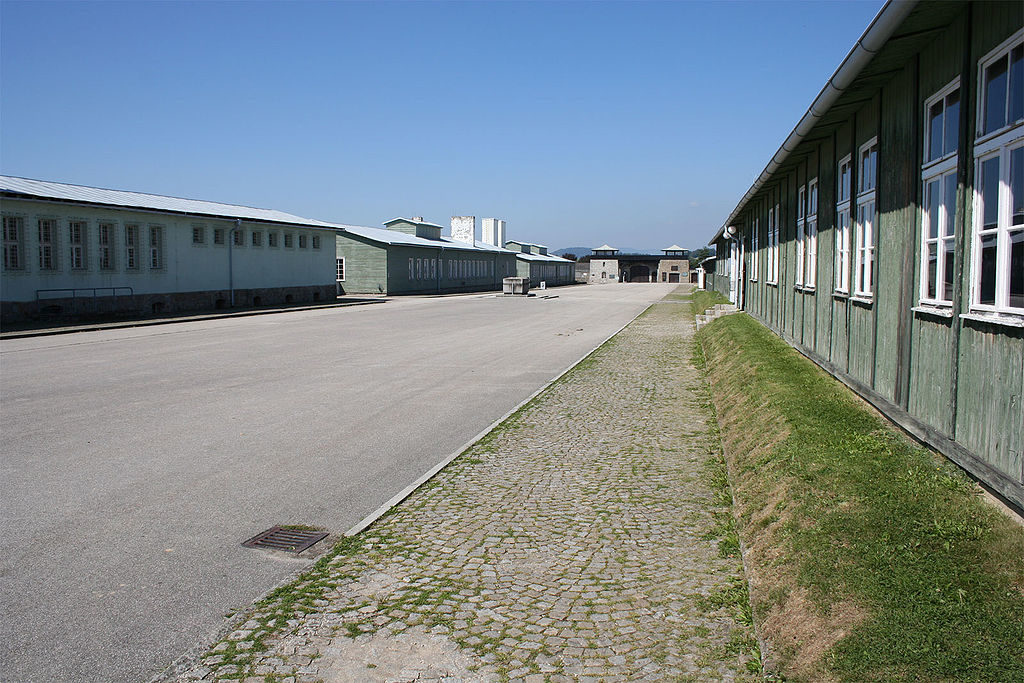
Through this participation, Portugal guarantees, for the third consecutive time, a presence at official ceremonies, along with dozens of other countries, thus creating «an essential dynamic that we want to continue and which in the future will be extended to other Portuguese institutions».
An international team of historians from the Institute of Contemporary History of the Faculty of Social and Human Sciences of Universidade Nova de Lisboa (IHC/NOVA/FCSH), led by Professor Fernando Rosas, has carried out, in recent years, with the support of the German Foundation EVZ – Memory, Responsibility and Future Foundation, and other institutions, a pioneering investigation in Portugal, which aimed to identify Portuguese forced workers and prisoners in Nazi concentration camps.
This is an investigation where it was demonstrated, once again, that Portugal – which was officially a country that declared neutrality during the 2nd World War –, after all, was not removed from the conflict. It has been possible to identify, so far, about 1.000 Portuguese, mainly emigrants in France, who were also victims of the III Reich. Some of them were from the Algarve, namely Loulé.
In this context, it was proposed to the Portuguese Government, in 2016, to place a plaque in memory of these Portuguese, in the Mauthausen Concentration Camp, where some were interned.
This plan came to fruition the following year, in 2017, when, at the Ceremony to Commemorate the Liberation of the Field, in the presence of the Portuguese Minister for Foreign Affairs and some members of the investigation team, a trilingual plaque was officially unveiled in the “ Wailing Wall” of the countryside, thus recognizing Portugal, for the first time, the Portuguese victims of the Nazi regime, and paying homage to them simultaneously.
The choice of this Field, which results in a first analysis of the good reception of the proposal by the Museum and Memorial Management, is based on some data that the Loulé Council recalls.
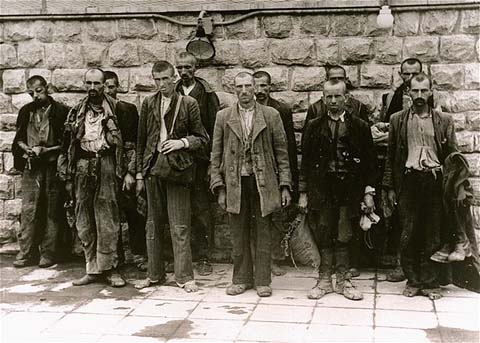
Because Mauthausen, Austria, was the field of forced labor par excellence, constituting one of the largest forced labor complexes in Europe during the 2nd World War.
It was also the most “Latin” field in the concentration system. It was also the destination camp for the first convoy of civilian deportees sent from France, which left Angoulême (France) on August 20, 1940, becoming known as “the 927 train”. Three of these deportees were Portuguese. They were admitted to the camp but did not survive.
As this is the field that is geographically located further south in the territory of the “Great German Reich”, it was also the last to be released by Allied troops, specifically by the 41st Squadron, 11th Division of the 3rd American Army, on May 5th 1945.
In 2017, it was already possible to guarantee the Portuguese presence at the annual ceremony in Angoulême, through CIVICA – Association of Mayors of Portuguese Origin in France and abroad, chaired by Paulo Marques, vice-president of the Chamber of Aulnay-sous-Bois (Paris ).
One of the objectives of the research project was also to organize an International Congress on Forced Labour, which took place at the Goethe Institut-Lisbon, a partner institution, as well as the presentation of an exhibition, which took place at the Cultural Center of Belém, at the end of 2017.
Following the exhibition, and because attention was drawn to the importance of local research within an international theme, the Municipality of Loulé accepted the challenge and in the meantime established a partnership with the research team to inaugurate the international exhibition “Workers Portuguese Forces of the III Reich” and, at the same time, carry out the investigation locally that allowed to complement it with the nucleus “The Louletanos in the Nazi concentration system”. The exhibition is still open to the public in Loulé, at Casa-Memória Duarte Pacheco.
In 2018, a Portuguese delegation, which included the Portuguese ambassador in Vienna and the researcher Fernando Rosas, among others, was again present at the ceremony in Mauthausen, as national representation.
In 2017 and 2018, the Portuguese representatives also participated in the act that recreates the “Mauthausen Oath”, a moment of special significance at the ceremony.
Now, in 2019, it is the Loulé Chamber's turn to take half a hundred students from Loulé to a meeting with a little-known page in history.
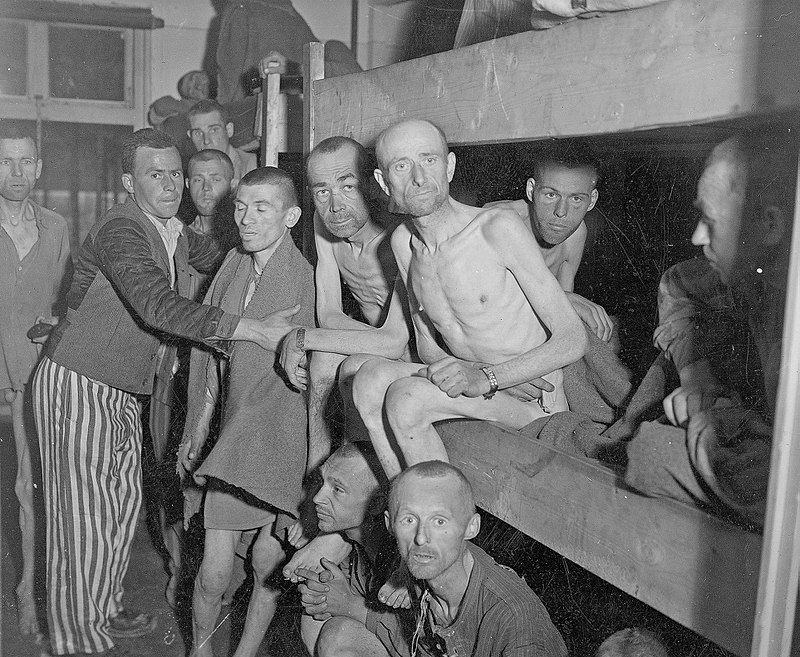
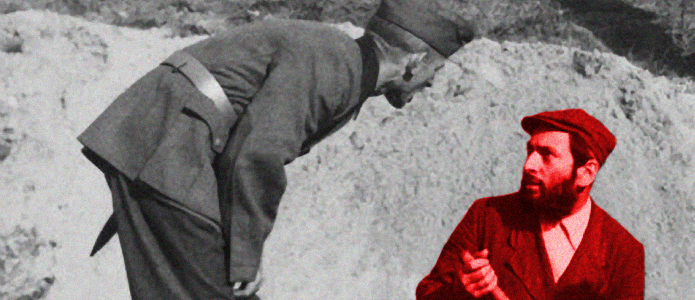
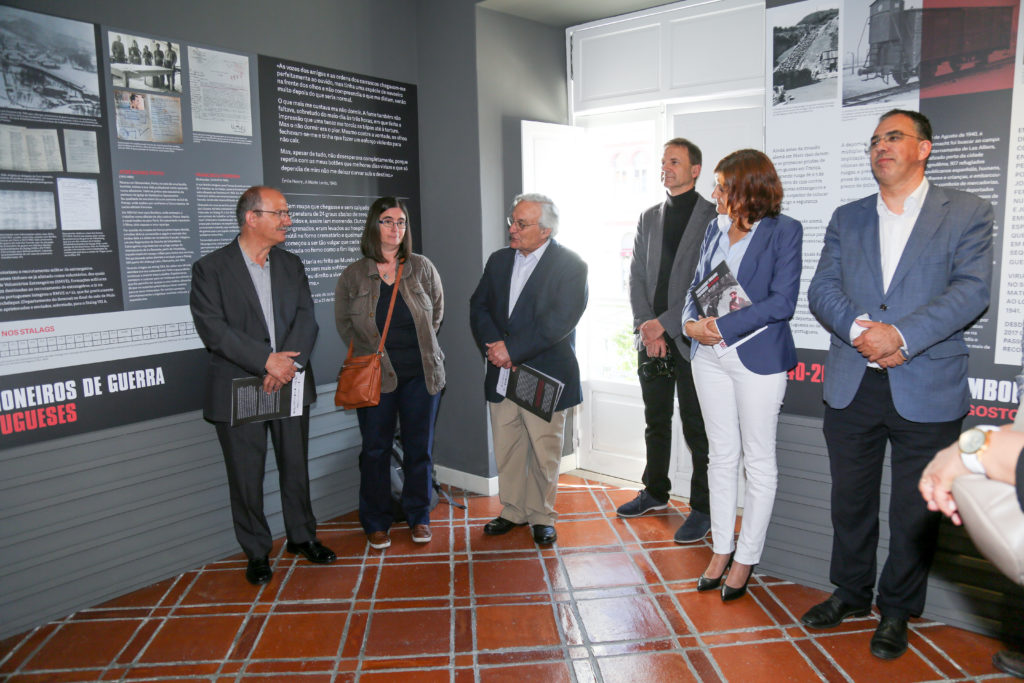


















Comments